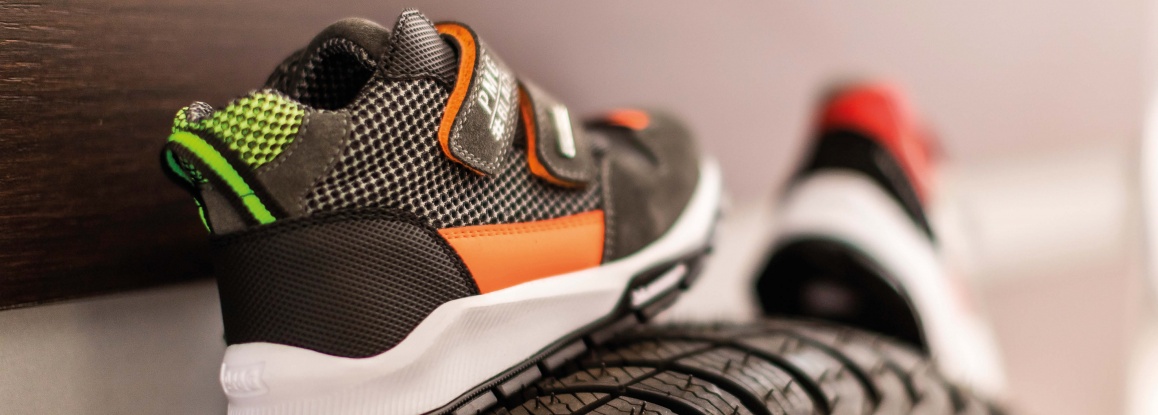The fashion industry is increasingly aware of sustainability and innovation – from head to toe. The number of ecological shoes on the market is increasing steadily, as is the choice of alternative materials that are eco-friendly, both amongst niche brands – where style also plays an important part – and also in large scale distribution.
It is an issue that is very pertinent right now, especially when it comes to trainers, and especially sneakers, which feature on most women’s wish-lists and make up a mind-boggling business that turns out an average of 25 billion pairs a year (around 34 million per day). The dominant casual product in the footwear, loved for its comfort and functionality, is the sneaker, which is as basic in its look as it is difficult to create, and it has recorded a further surge in the post-emergency phase, hence the pressing need to replace its components with low environmental impact solutions.
To compose the 65 elements that a shoe can consist of calls for up to 360 stages: a process which, from the extraction of the material, to processing, production and disposal, releases a huge amount of CO2 into the air…. almost 9.5kg per shoe, using about 4kg of raw materials. The figures studied by WGSN show how sports shoes in recycled materials have seen an increase of 260% in the UK and 156% in the United States on an annual basis, for the new arrivals for Spring/Summer 2020 purchased online. B
But the use of recycled materials only allows for a CO2 saving of 10% overall, so it is therefore important to develop materials, substances and finishes that help to reduce the impact of the final product right from the outset, selecting supply chains that are circular and traceable, tanneries and suppliers of innovative materials, and paying careful attention to the ethical and environmental impact of the material itself. And with the objective of completely eliminating waste, it is vital to recycle factory surplus, also drawing on post-consumption. Designing for mono-materiality or selecting compatible materials makes recycling and biodegradability easier, while focusing on quality and longevity is one of the steps necessary to educate the customer to buy less, but better.
Organic leather and fabrics that are certified at source guarantee a longer product life and offer alternatives to the synthetic options made from petroleum, which, together with plastic, are very common amongst trainers, offering high performance as well as being light and resistant to abrasion and bad weather. Synthetic shoes make up about 25% of the total and the production of uppers can produce carbon emissions of as much as 40%. Polyester, nylon, polyurethane fabrics and leatherette are materials with high CO2 emissions, due to the energy required to process them. Reused polyester, however, requires up to 84% less energy than virgin fibre, as does the use of ocean plastic (8 million tons of plastic end up in the oceans every year) recycled plastic and production waste. Since oil-based synthetics do not decompose easily, it is important to use the emerging bio-synthetics. Cotton, which is breathable, absorbent and washable, is starting to feature in the fabric of the uppers, as are other natural fibres. The top choice would be organic cotton, which has an environmental impact equal to half that of standard crops. Hemp, bamboo, lyocell and wool also have unique properties, and they are all breathable, antibacterial and biodegradable fibres. Far better to use a raw fibre, not coloured, and avoid the addition of synthetic products that impede recycling and are not biodegradable.
Several companies have started the production of vegan shoes, with the use of corn as well as food waste such as pineapple leaves, apple peels, cork and cactus waste, and residue from winemaking, plant-based materials that use less water than cotton, emit less CO2 than synthetics and are cheaper than leather. The use of suede and nubuck gives sneakers a classic aura, as well as breathability and longevity, and are more biodegradable. This is also a characteristic of the emerging biopolymers of vegetable origin, which can be decomposed easily and safely.


